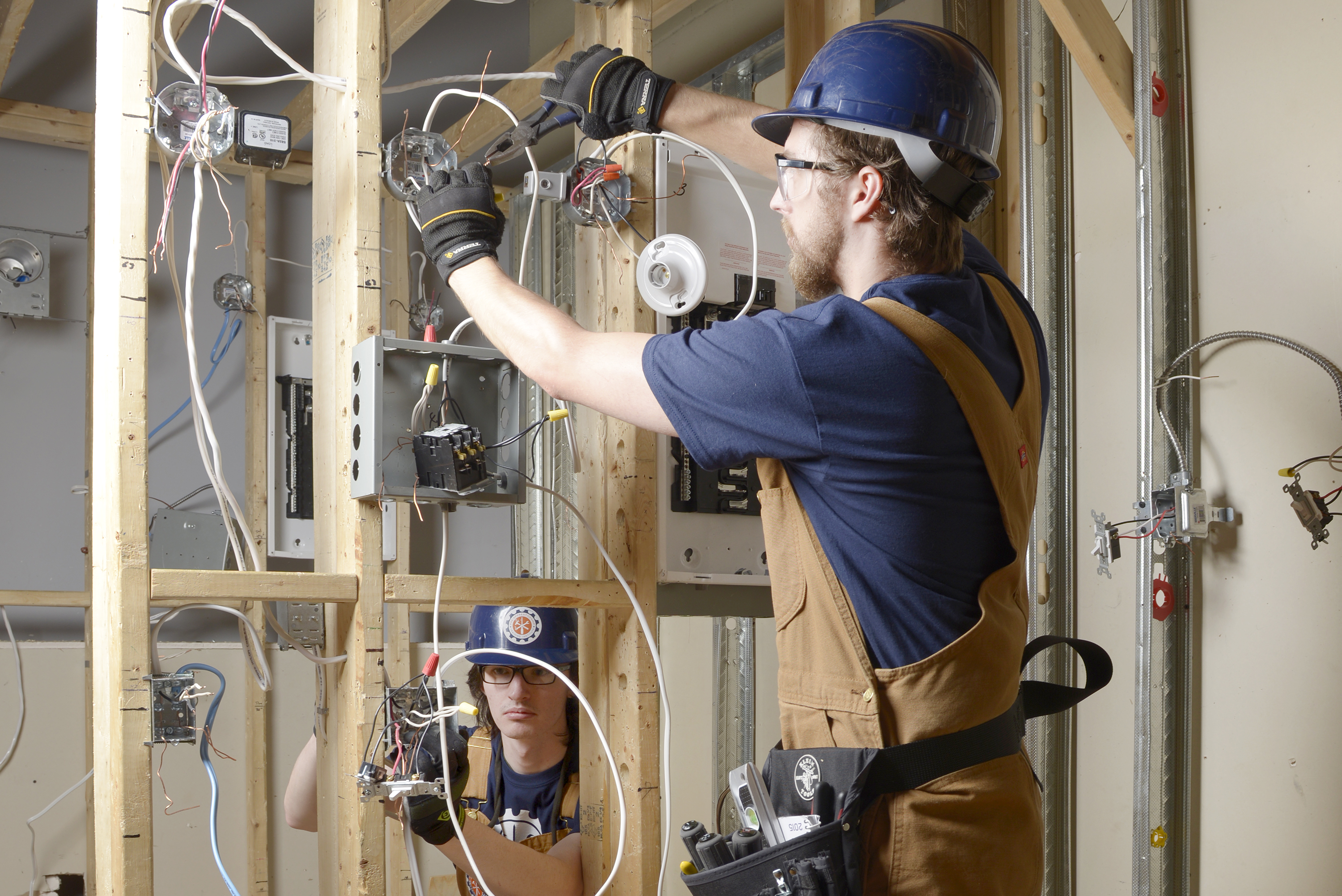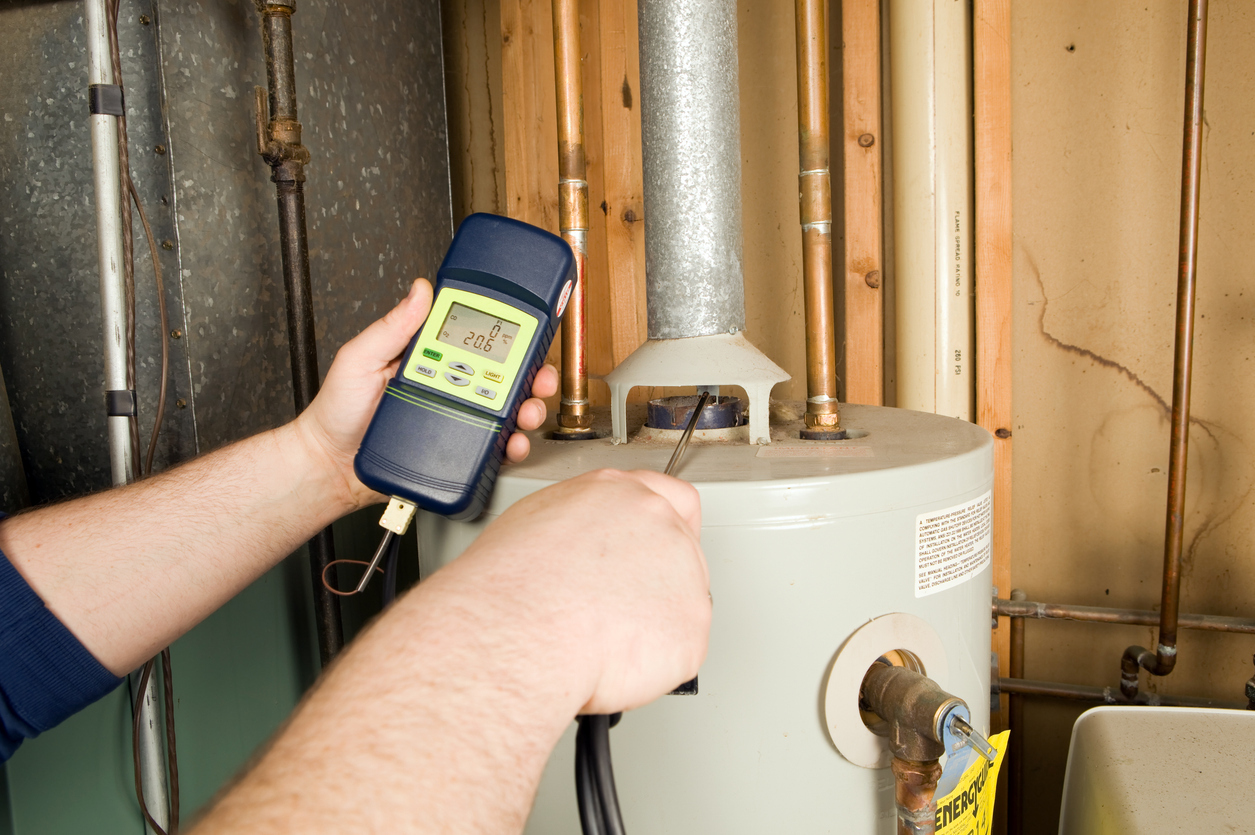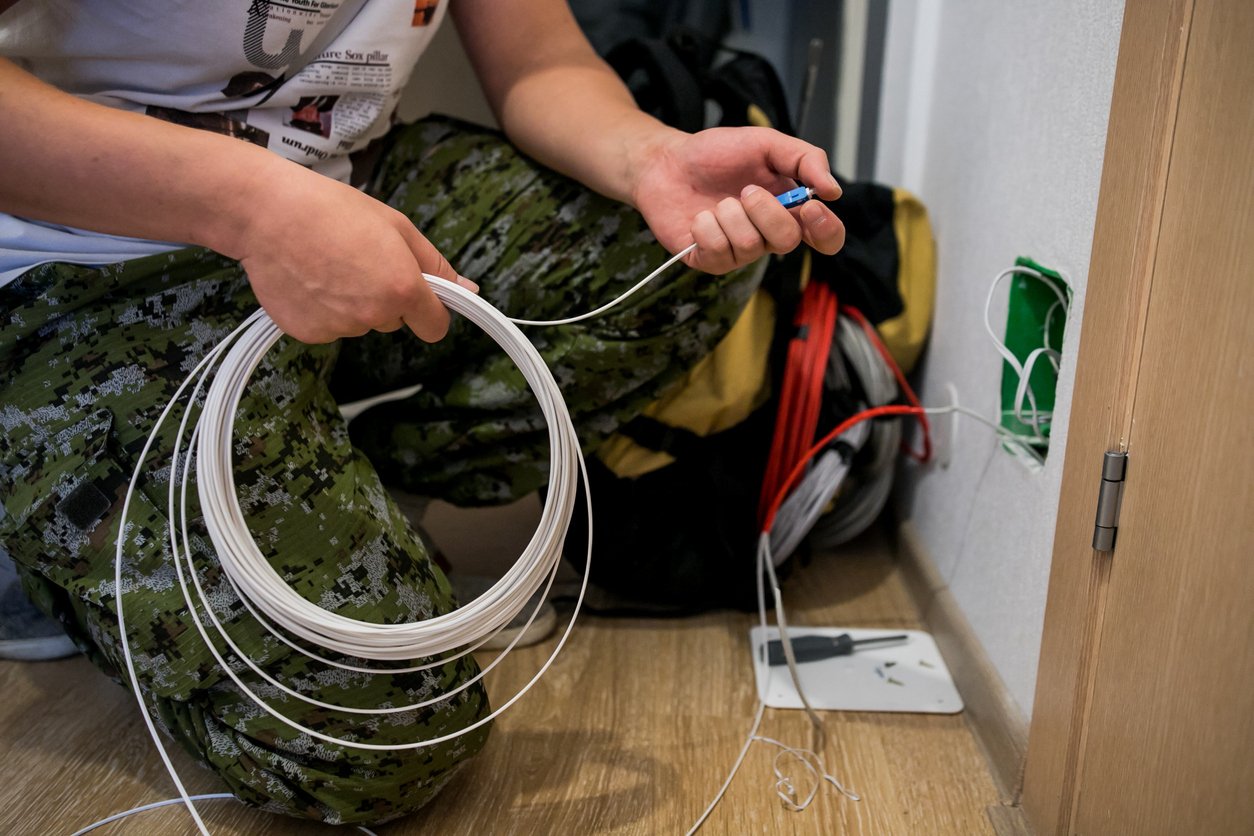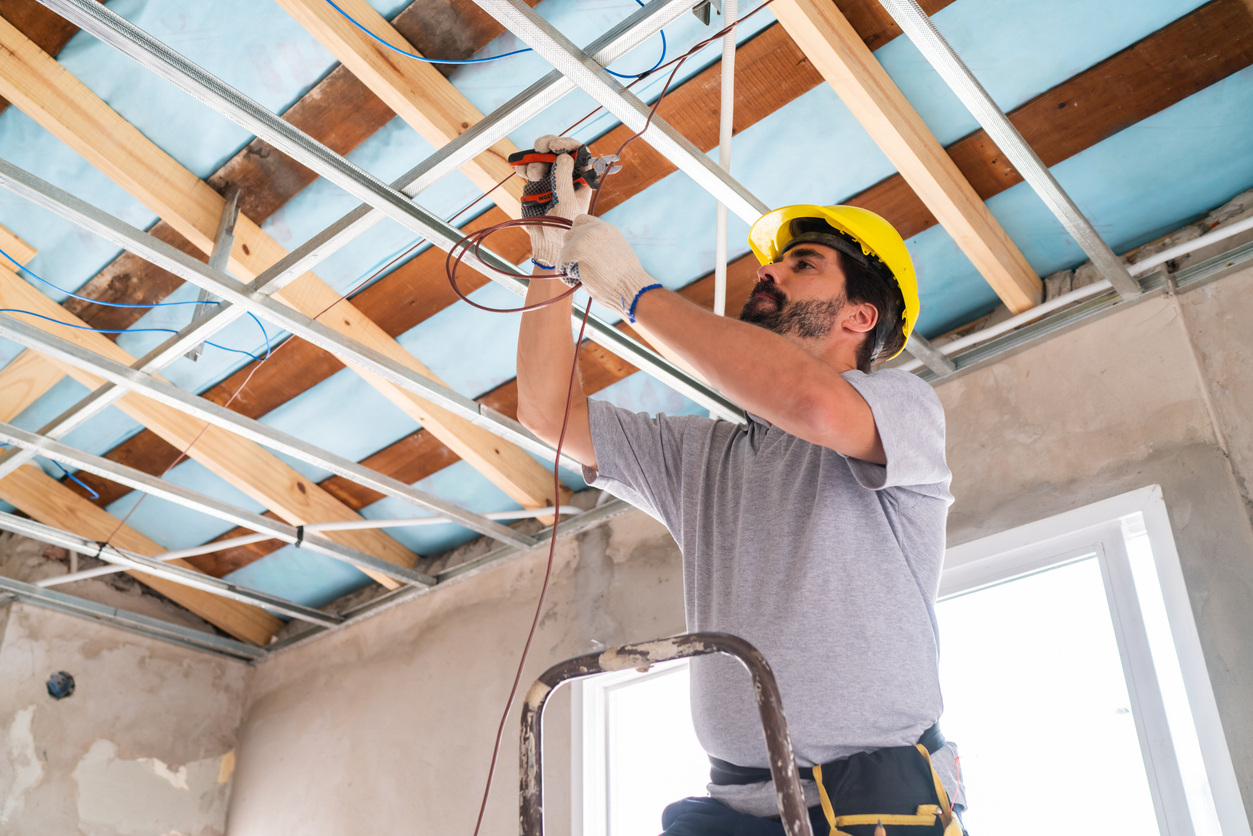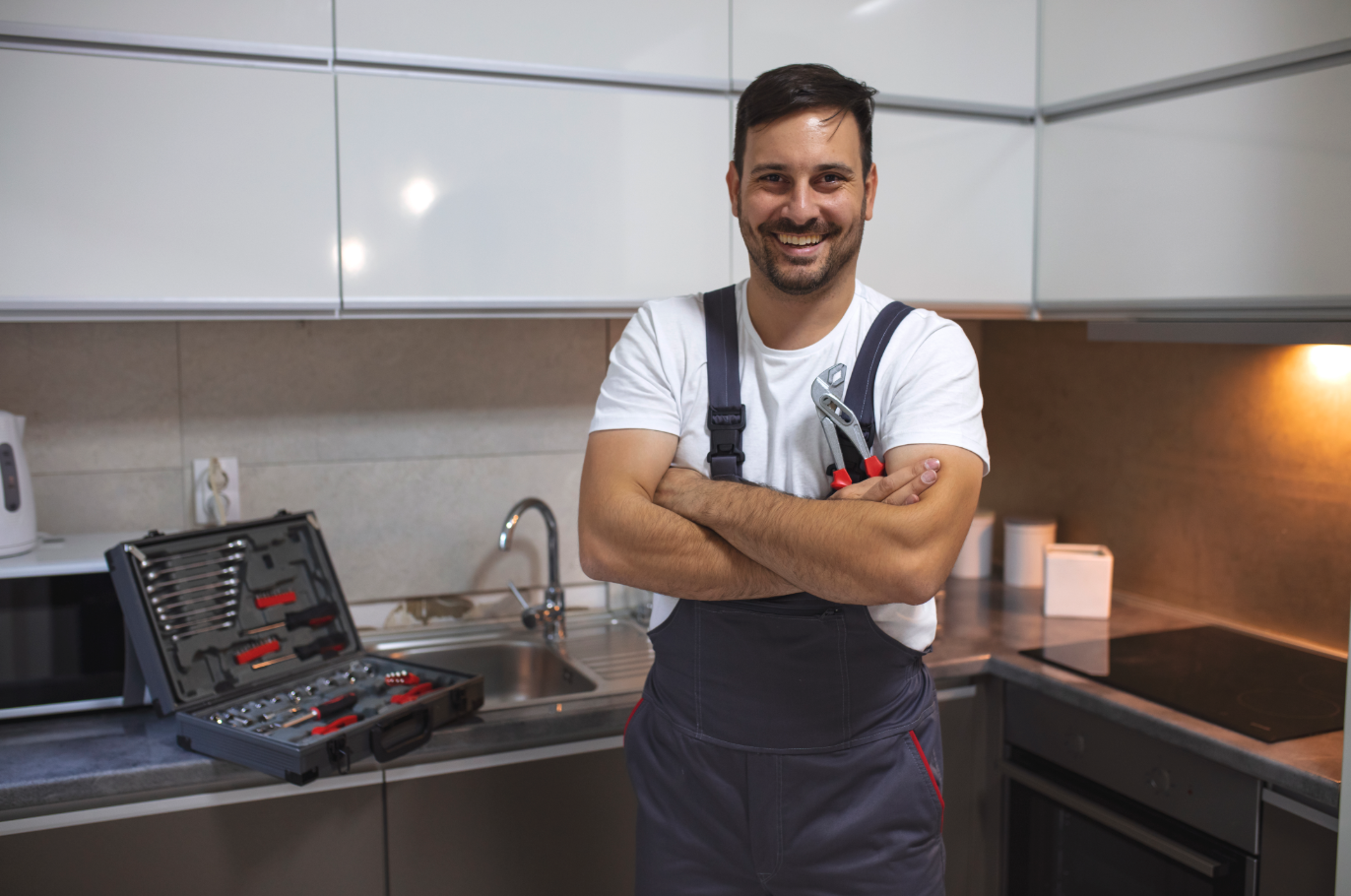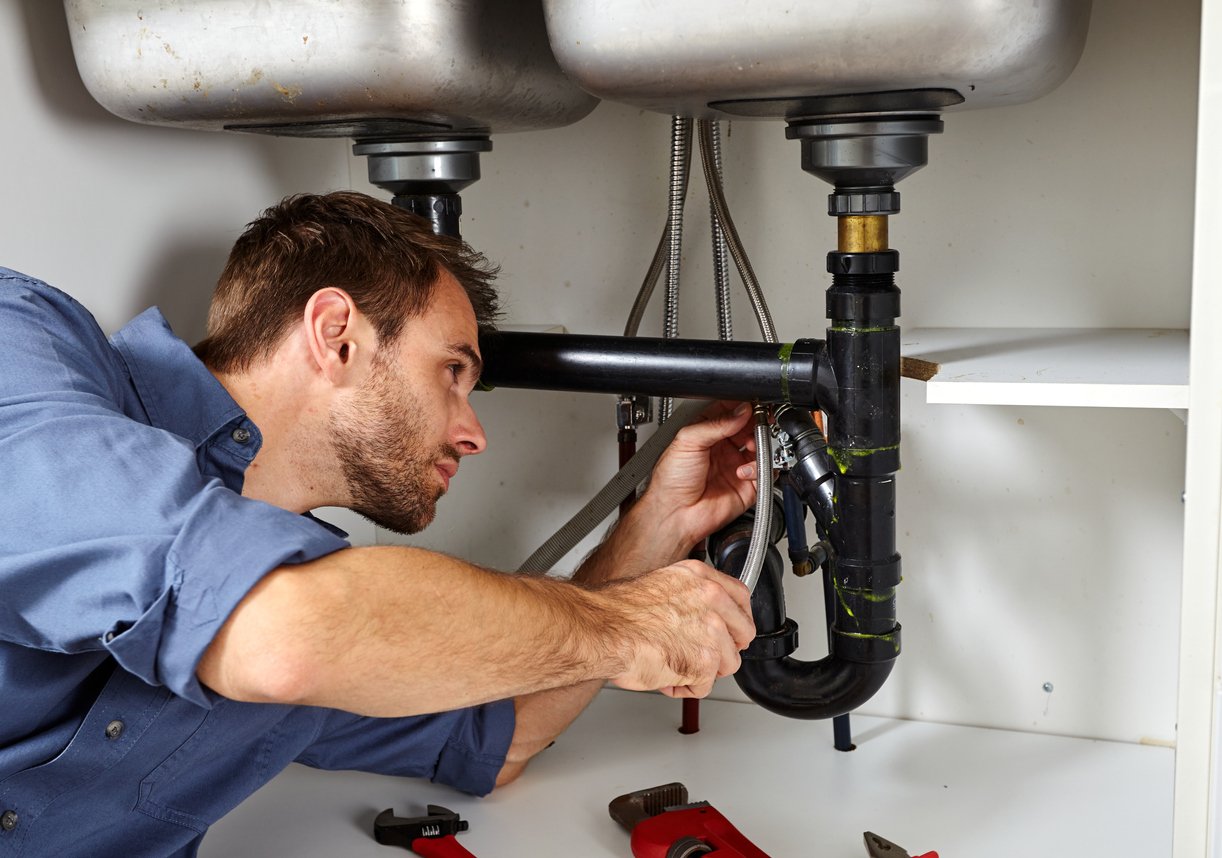Considering a career working with wood? From framing homes and building commercial structures to crafting custom cabinets and fine woodwork, carpenters play a key role in shaping the spaces where people spend their time. But before committing to training, you probably want to know: How much do carpenters actually make in Ontario?
In this post, we break down average wages for general carpenters and cabinetmakers across the province, explain what influences your earning potential, and highlight practical steps you can take to boost your income.
Let’s get started.


